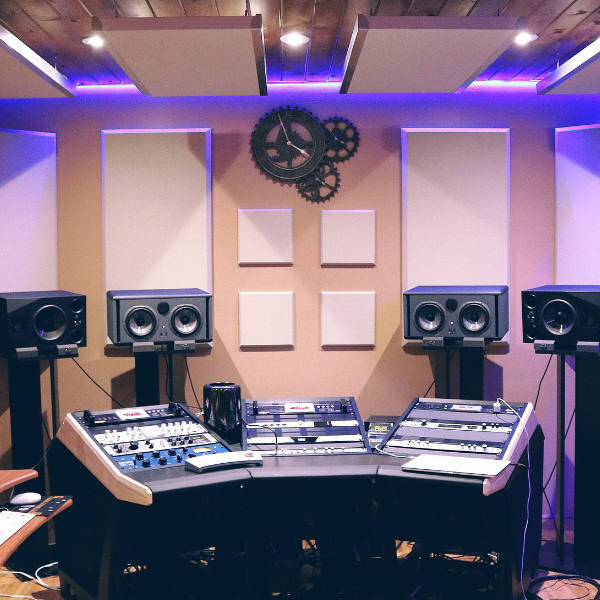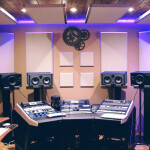1.Set clear goals and expectations.
Before a studio session, it's important to establish clear goals and expectations for what will be accomplished during the session. This can include outlining the specific tracks or songs that will be worked on, setting a target for how much progress will be made, and identifying any challenges or obstacles that may need to be addressed. By setting clear goals and expectations, you can ensure that the session stays focused and on track.
2.Create a positive and supportive environment.
The studio should be a positive and supportive environment where artists can feel comfortable and creative. This means creating a space that is free from distractions and interruptions, and providing the resources and support that artists need to do their best work. This can include providing access to musical instruments and equipment, as well as offering encouragement and constructive feedback to help artists grow and improve.
3.Establish a schedule and stick to it.
Time management is crucial for maximizing the output of a studio session. This means establishing a schedule for the session, and sticking to it as closely as possible. This can include setting aside specific blocks of time for different tasks, such as writing, recording, and mixing, and allowing for breaks and downtime to recharge and refresh. By establishing a schedule and sticking to it, you can ensure that the session stays on track and progresses smoothly.
4.Take care of your physical and mental health.
As an artist, it's important to take care of your physical and mental health to ensure that you're able to do your best work. This means getting enough sleep, eating well, and staying hydrated. It also means managing stress and anxiety, and being mindful of your mental health. By taking care of your physical and mental health, you can maintain your focus and concentration, and prevent burnout and exhaustion.
5.Limit distractions.
In today's world, it's easy to get distracted by our phones, social media, and other digital devices. To avoid these distractions, consider setting up a "no phones" rule in the studio. This means putting away your phone and any other devices that might distract you from your work. You can also try using apps or tools that block distracting websites or apps during your work time.
Overall, setting up studio rules can help you make the most of your time in the studio. By setting clear goals, creating a schedule, limiting distractions, collaborating with others, and taking breaks, you can create a productive and positive environment for making music.









